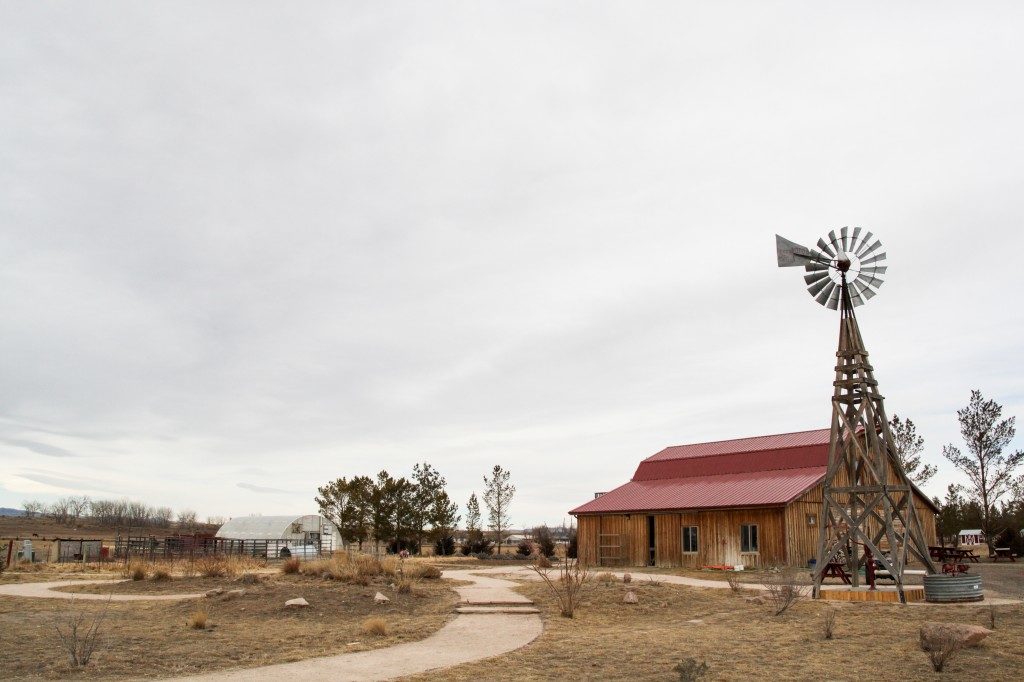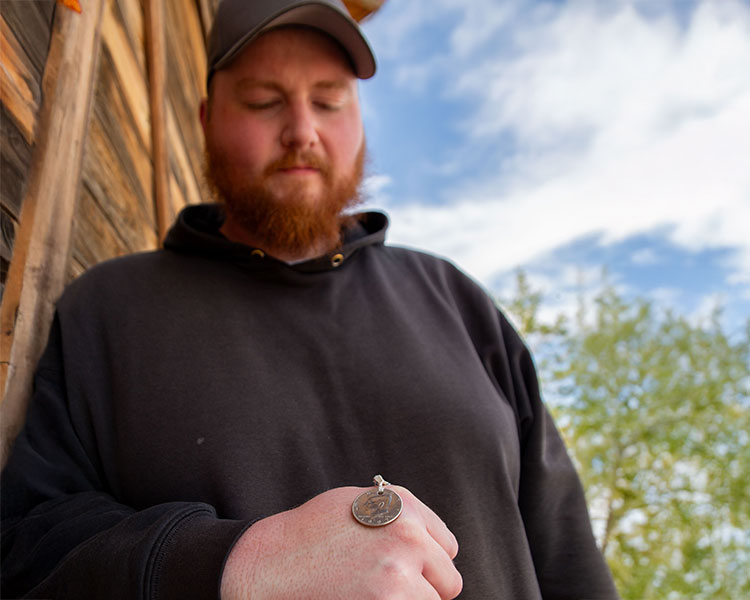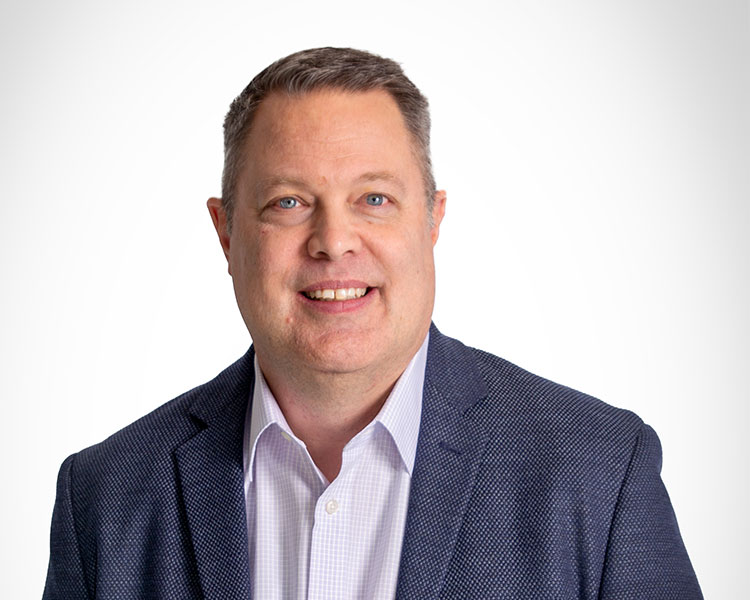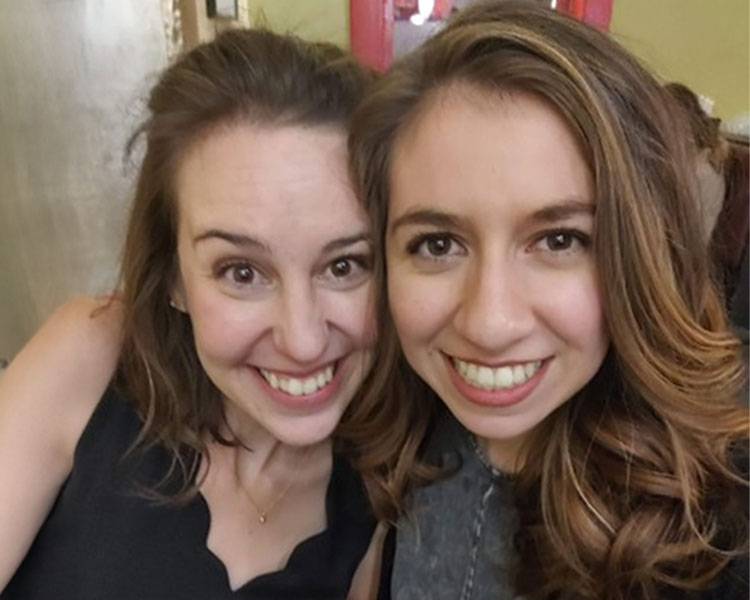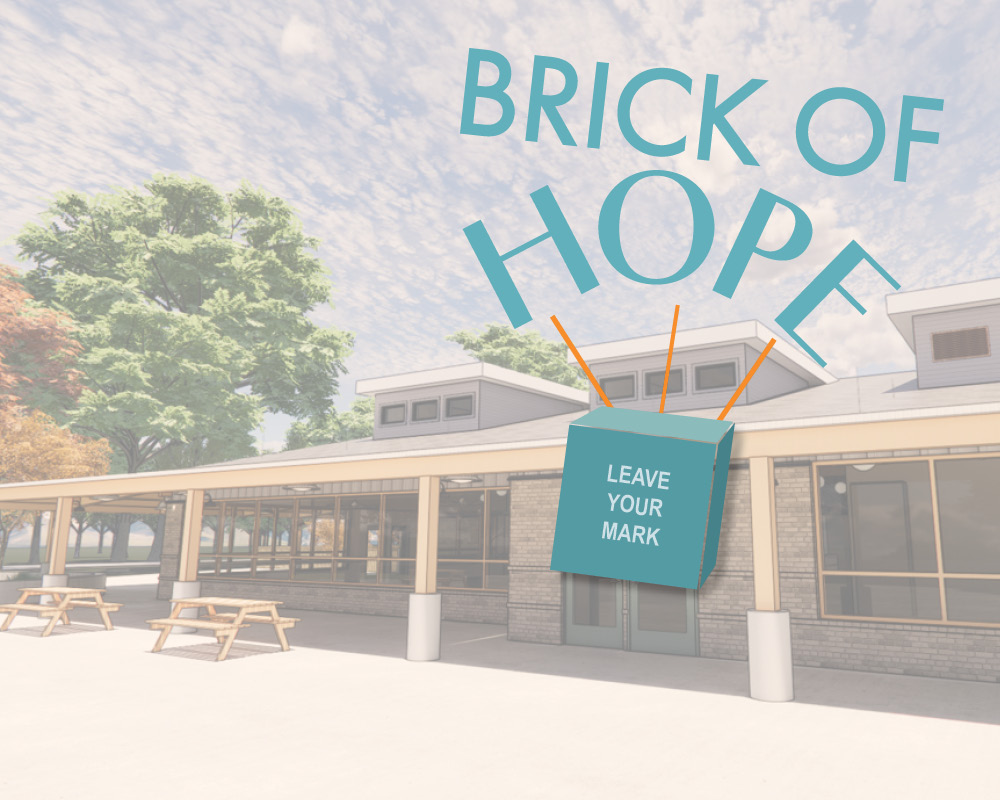Recently, I was privileged to witness a graduation of one of our New Life Program participants. He had come to Harvest Farm from out of state, an alcoholic and a heroin addict whose numerous attempts at cleaning up failed time and time again. As I watched him standing in front of a packed house filled with friends, mentors, staff members, and fellow participants, I was struck by how he held himself, how well his voice traveled through the room, how alive his eyes looked.
He spoke to us with authority, with determination and conviction, and told us his story, the story of his life. The audience, I among them, listened with wonder as he traced the progression of his addiction and the unlikely path that led him to this little farm in Wellington, Colorado. He spoke of his addiction in the past tense, as if had all been a bad dream, and he regarded his old lifestyle with a disgust that we could hear in his voice and see in the way he rolled his eyes and clenched his fists. Standing there before us, he was a picture of renewed strength and of victory.
But he didn’t always look that way.
One of my duties at the farm is to interview all new participants and assign them to a work therapy area on the farm where they will work for the entirety of their program. When I interviewed him some 14 months ago, he was broken and doubtful and nearing the end of his already frayed rope. He had given up on life, on living. He had injected heroin into his arm two days before I met him; I could see death casting its shadow over him. Near the end of our meeting, he shook his head, and with his eyes glossed over with tears, he said, “I think I’m just done.” I wasn’t sure if he meant he was done with drugs and booze or if he was done with his life. I don’t think he knew himself.
Over a year later, he stands before me and the rest of his community and asserts his freedom from bondage. When his speech ends, he receives a standing ovation, shouts of encouragement and accolades from a long list of people. I can immediately see the impact that he has had on the people around him. Instead of being served, he has become the servant. His eyes look upward, not down at his feet. I get the overwhelming feeling that he has won. That we all have won. There is an unspoken connection between those of us on staff at that moment, a reassuring voice that says: This is why you are here.
And yet, when the graduation is over, when the final blessing has been given and shared, when all of the hugs and handshakes have been offered, I walk back through the crowd of well-wishers and run into a new face I have not seen before. This new man entered the program the night before, and his face is creased and confused. I introduce myself, and he forces something like a smile that is not convincing. His hands are subtly shaking and the whites of his eyes are pink. Welcome to the farm, I tell him. He nods his head, says thanks, and looks down at his shoes again. His journey at the farm, at recovery, is just beginning. The hard part lies ahead.
And I am reminded—corrected—that this is why we are here. There is little time to share in stories of victory, to celebrate and pat ourselves on the back for work well done. For there will always be another man waiting, struggling, holding out an open hand and pleading for help, for hope, for deliverance. This is why we are here, what we are called to do. This is our work.
